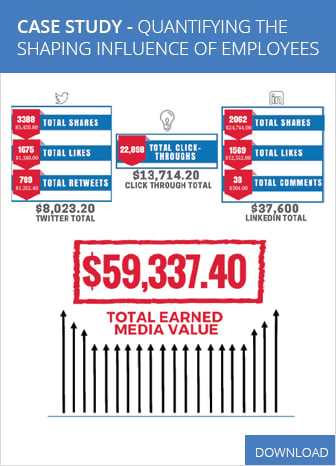Growing Your Startup: 5 Questions for Choosing the Right Business Incubator
Just like a newly planted flower, startups need the right kind of environment to help them grow. You can think of incubators as the greenhouses of the startup world. Just like greenhouses, business incubators vary widely in size, amenities and offerings. Some are so basic they offer only space, while others provide access to not only space, but also state-of-the-art equipment and experts to help things grow.
So the kind of incubator you need depends on what you’re growing and what’s important to the survival and success of your company now. Do you just need some office space? Or is collaboration important to you? How about access to shared services, meeting space or equipment for building prototypes?
If you’re on the hunt for the right incubator for your startup, here are five questions to ask to ensure you’re getting the right mix of space, services and side benefits.
1.What kind of space will we get—and what’s the price?
There is wide variability in the kind and cost of real estate or workspace that incubators provide. Some offer free space for a limited time period. Others offer small, individual workspaces (often grouped together in common areas) for a fee. Quite often, the prices per square foot are higher than in the general real estate market. However, a startup with only a handful of people may only need a very small amount of space, so the total cost would still be low.
If you’re looking at a co-working arrangement, keep in mind that setting up and running a new business in an open area can have drawbacks. It can be noisy and the lack of privacy (and confidentiality) can be an issue.
2.Does it provide access to a peer group?
Being co-located with other startups can offer the benefits of sharing your experience (and challenges) with others. Close proximity and shared space encourage inter-company communication, making it easy for individuals from a variety of companies and even different industries to swap notes, share experiences and coach each other. While the technologies you’re focused on may vary, you might be surprised at the number of business issues shared in common by tech startups.
3.Will you have access to shared services and equipment?
Many incubators are built around an ecosystem of shared services. A new breed of incubators provide free or cost-effective access to “maker spaces.” These can be very helpful to startups needing access to a variety prototyping equipment which might otherwise be too costly for the startup at an early stage.
In addition to access to prototyping facilities, an incubator may provide tenants with additional support services. For example, larger incubators may offer access to services such as legal, accounting, graphics, design and engineering. These attached service providers are seeking long-term relationships with startup clients, which can prove valuable once the startup firms mature.
4.Can the incubator introduce you to sources of capital?
Often, incubators are led by individuals with a deep network of connections that can prove valuable to startups. Key among these are connections who can help startups raise capital. For example, several incubators have relationships with firms in the angel, venture and investment banking communities.
In addition, there’s often significant investment capital “on the sidelines” looking for targets in which to invest. Of course, startups will have to fit the investment profile of the capital sources.
It’s also good to know that incubators providing access to potential funding are often also known as “Accelerator Programs.” These programs are similar to incubators in that they are support- and education-focused, but they generally are programs scheduled to run for specific amounts of time (usually a few weeks) in concentrated tech hub locations and do not often provide office space or real estate support.
If you’re interested in this type of more intensive support, you might also want to research government agencies offering programs that can be of assistance to small businesses. Offered at the local, state and federal level, agencies often provide support to startups in the form of subsidized internships, sales tax abatement, training credits, energy incentives and housing benefits. Ask potential incubators about any connections they might have to government programs for startups, if this interests you.
5.Are coaching and mentoring sessions offered?
Incubators often serve as centralized communities that bring together those in the process of developing their companies with experienced service providers, government agencies and business volunteers.
In any given week, it would not be unexpected to find guest speakers at an incubator voluntarily sharing business wisdom related to technologies, accounting, tax, intellectual property protection, visa processes, business plan creation, funding strategies, marketing, business structure and other topics of interest to startups. Additionally, there are often firms willing to share their experiences of how they moved from a startup phase to a “launched” phase of business. Connections to these types of mentors and industry experts can be invaluable.
When chosen properly, incubators can be of great help to fledgling companies. If you take the time to find the right one, with the connections to the services and amenities that will matter most to your business, they can truly help your little startup grow and thrive—all while keeping operating costs down so you can focus investment on developing the products and services that will sustain you post-launch.
Edited by Stefania Viscusi











